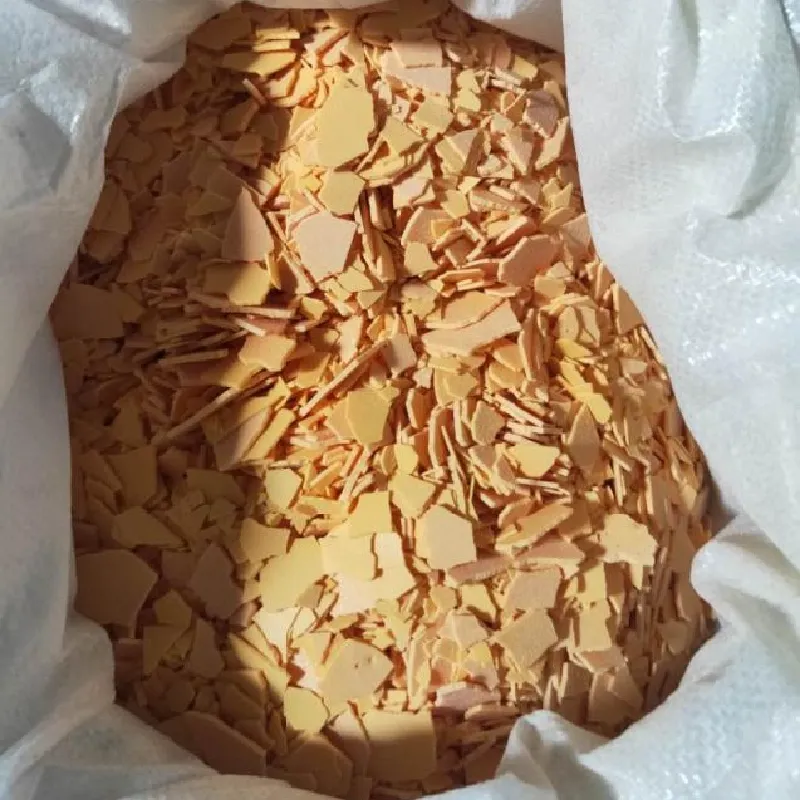TEL: 0086-311-88862036

Feb . 10, 2025 19:57
Back to list
Sodium Acid Pyrophosphate (SAPP)
E901, also known as beeswax, is a food additive used primarily as a glazing agent. Originating from the honeycombs of bees, this natural wax plays a significant role in modern food production, offering unique benefits while maintaining a high trust factor among consumers. Here's a closer look at E901, emphasizing its practical uses, expert perspectives, and its overall impact in the food industry.
Authority figures such as the European Food Safety Authority (EFSA) and the U.S. Food and Drug Administration (FDA) endorse the use of E901 as a food additive, classifying it as generally recognized as safe (GRAS). This classification provides manufacturers and end consumers with a level of reassurance regarding its consumption and application. The established safety guidelines ensure that when used within recommended limits, beeswax poses no health risks, fueling its adoption across various global markets. In an era where transparency and traceability in food sourcing are critical, beeswax presents an option that aligns with these values. Beekeeping practices that foster natural and sustainable honeycomb production not only support the additive's credibility but also the broader ecological balance. For businesses, sourcing beeswax through certified suppliers can significantly enhance their corporate responsibility profile, contributing to both consumer peace of mind and environmental sustainability. For product developers and manufacturers in the food industry, the choice to implement E901 comes with numerous advantages. Its dual capability as a natural preservative and cosmetic enhancer allows brands to cater to both consumer desire for natural additives and the demand for visually appealing products. Moreover, the story behind beeswax — from bees to shelf — offers an authentic narrative that can enhance marketing efforts and consumer engagement. In conclusion, E901 is more than just an additive; it's a bridge between tradition and modernity, natural purity and scientific innovation. Its enduring presence in the food industry is testament to its efficacy, safety, and alignment with consumer values. As the food landscape continues to evolve, the role of trusted additives like beeswax remains paramount, supporting both product integrity and consumer trust.


Authority figures such as the European Food Safety Authority (EFSA) and the U.S. Food and Drug Administration (FDA) endorse the use of E901 as a food additive, classifying it as generally recognized as safe (GRAS). This classification provides manufacturers and end consumers with a level of reassurance regarding its consumption and application. The established safety guidelines ensure that when used within recommended limits, beeswax poses no health risks, fueling its adoption across various global markets. In an era where transparency and traceability in food sourcing are critical, beeswax presents an option that aligns with these values. Beekeeping practices that foster natural and sustainable honeycomb production not only support the additive's credibility but also the broader ecological balance. For businesses, sourcing beeswax through certified suppliers can significantly enhance their corporate responsibility profile, contributing to both consumer peace of mind and environmental sustainability. For product developers and manufacturers in the food industry, the choice to implement E901 comes with numerous advantages. Its dual capability as a natural preservative and cosmetic enhancer allows brands to cater to both consumer desire for natural additives and the demand for visually appealing products. Moreover, the story behind beeswax — from bees to shelf — offers an authentic narrative that can enhance marketing efforts and consumer engagement. In conclusion, E901 is more than just an additive; it's a bridge between tradition and modernity, natural purity and scientific innovation. Its enduring presence in the food industry is testament to its efficacy, safety, and alignment with consumer values. As the food landscape continues to evolve, the role of trusted additives like beeswax remains paramount, supporting both product integrity and consumer trust.
Latest news
-
What Is a Food Additive? Global Insights, Applications & Future TrendsNewsNov.24,2025
-
968 Sweetener: The Modern Solution for Health-Conscious SweeteningNewsNov.23,2025
-
Discover the Benefits and Uses of 965 Sweetener (Erythritol) | Tenger ChemicalNewsNov.23,2025
-
961 Sweetener - A Next-Gen Sugar Alternative for Health and IndustryNewsNov.23,2025
-
Understanding 960 Sweetener: The Modern Sugar Alternative for Health and IndustryNewsNov.22,2025
-
Everything You Need to Know About 955 950 Sweeteners – Benefits, Uses, and TrendsNewsNov.22,2025
-
953 Sweetener: Global Insights, Applications, and Future TrendsNewsNov.21,2025
HOT PRODUCTS
Hebei Tenger Chemical Technology Co., Ltd. focuses on the chemical industry and is committed to the export service of chemical raw materials.
-

view more DiethanolisopropanolamineIn the ever-growing field of chemical solutions, diethanolisopropanolamine (DEIPA) stands out as a versatile and important compound. Due to its unique chemical structure and properties, DEIPA is of interest to various industries including construction, personal care, and agriculture. -

view more TriisopropanolamineTriisopropanolamine (TIPA) alkanol amine substance, is a kind of alcohol amine compound with amino and alcohol hydroxyl, and because of its molecules contains both amino and hydroxyl. -

view more Tetramethyl Thiuram DisulfideTetramethyl thiuram disulfide, also known as TMTD, is a white to light-yellow powder with a distinct sulfur-like odor. It is soluble in organic solvents such as benzene, acetone, and ethyl acetate, making it highly versatile for use in different formulations. TMTD is known for its excellent vulcanization acceleration properties, which makes it a key ingredient in the production of rubber products. Additionally, it acts as an effective fungicide and bactericide, making it valuable in agricultural applications. Its high purity and stability ensure consistent performance, making it a preferred choice for manufacturers across various industries.





